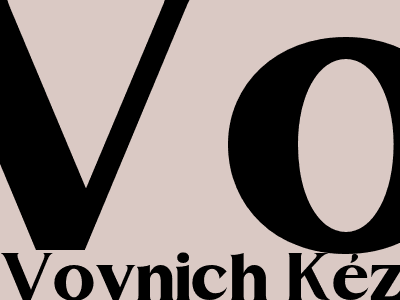The Enigmatic Voynich Manuscript: A Historical Enigma
Unveiling the Secrets of a Mysterious Codex
Buried within the archives of the Beinecke Rare Book & Manuscript Library at Yale University lies a mysterious and enigmatic manuscript that has baffled scholars for centuries. The Voynich Manuscript, named after the antiquarian book dealer who purchased it in 1912, is an exquisitely crafted codex, filled with an indecipherable script, enigmatic illustrations, and herbal remedies.
A Journey Through Time
The origins of the Voynich Manuscript remain shrouded in obscurity, with various theories proposing different places and times of creation. Radiocarbon dating has placed the manuscript's creation between 1404 and 1438, suggesting a possible origin in northern Italy during the Renaissance period.
While the author of the manuscript remains unknown, some scholars have speculated that it may have been created by Roger Bacon, a 13th-century English philosopher and scientist. However, this theory lacks substantial evidence and remains a subject of ongoing debate.
Deciphering the Enigma
The Voynich Manuscript's most intriguing aspect lies in its undeciphered script, which has resisted all attempts at interpretation. Over the years, numerous cryptographers, linguists, and historians have dedicated themselves to cracking the code, but their efforts have met with little success.
One of the key challenges in deciphering the script is its lack of resemblance to any known language. The symbols, characters, and words appear unique and bear no resemblance to any known alphabet or writing system.
Intriguing Illustrations
In addition to its enigmatic script, the Voynich Manuscript is also adorned with an array of captivating illustrations. These illustrations depict a wide range of subjects, including plants, animals, celestial bodies, and human figures engaged in various activities.
The botanical illustrations in particular have attracted the attention of researchers, as they depict numerous unknown and unidentified plant species. Some have speculated that these plants may hold medicinal properties or represent symbolic meanings yet to be discovered.
Herbal Remedies and Medicinal Knowledge
Interspersed throughout the Voynich Manuscript are sections that appear to contain herbal remedies and medicinal knowledge. These sections are filled with detailed descriptions of plants, their properties, and their purported uses for treating various ailments.
The medical knowledge contained within the manuscript suggests that its author may have been a skilled herbalist or physician. However, the accuracy and effectiveness of the remedies described remain unverified, as the manuscript's script has yet to be deciphered.

Comments